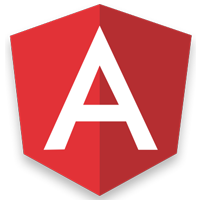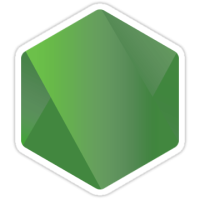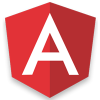27
FebHow Long Does it Take to Learn Angular?
How Long Does it Take to Learn Angular: An Overview
Learning Angular normally takes a few months for beginners to develop expertise in basic concepts and syntax using resources such as Angular Tutorials or Angular Certification Courses. However, understanding Angular and becoming skilled at designing sophisticated applications might take anywhere from six months to a year, depending on experience and dedication to learning. Regular practice, hands-on projects, and supplementary learning resources help speed up the learning process.
How Long Does it Take to Learn Angular?
Angular is a web framework invented by Google, it’s been so long, and angular is evolving day by day, more functionalities are added, enhanced performance, and suitable for higher interactivity websites, due to this more and more organizations have started adopting angular as their product’s front-end.
Angular's widespread popularity in the market, combined with its demand by large and small businesses, highlights its relevance as a primary talent, frequently alongside backend assistance. This encourages developers to study Angular for professional progress. However, the learning duration varies according to individual experience and commitment, making it difficult to provide a specific answer.
Beginner
Intermediate
Expert
So if we follow these experience levels, the person should know JavaScript which is a must for learning Angular, not just only Angular but there are tons of other frameworks and libraries built on JavaScript so at last, we can say if you know the basics of JavaScript then you can start learning Angular right away.
What to learn?
Angular is a strong framework that includes basic templates, controllers, and data binding, allowing for extensive functionality. It's worth noting that Angular 2+ differs from AngularJS in that it's a complete rebuild based on a component-based standard rather than pure MVC. You can begin learning Angular 2+ without a prior understanding of AngularJS. Mastering Angular usually takes about 2-3 months with a continuous daily effort of 2-3 hours. To grasp angular, we should know its core concepts first and a few of them are listed below.
Deployment
Module
Observables and RxJs
Bootstrapping
Animations
So above are the few core concepts that we need to learn, you should try the official angular.io documentation, and the great thing about those docs is they have detailed explanations along with a suitable example in the form of a runnable application which you can try your while learning.>Below is the home page of angular.io documentation to get started with Angular.
Read More: Is there any certification for Angular?
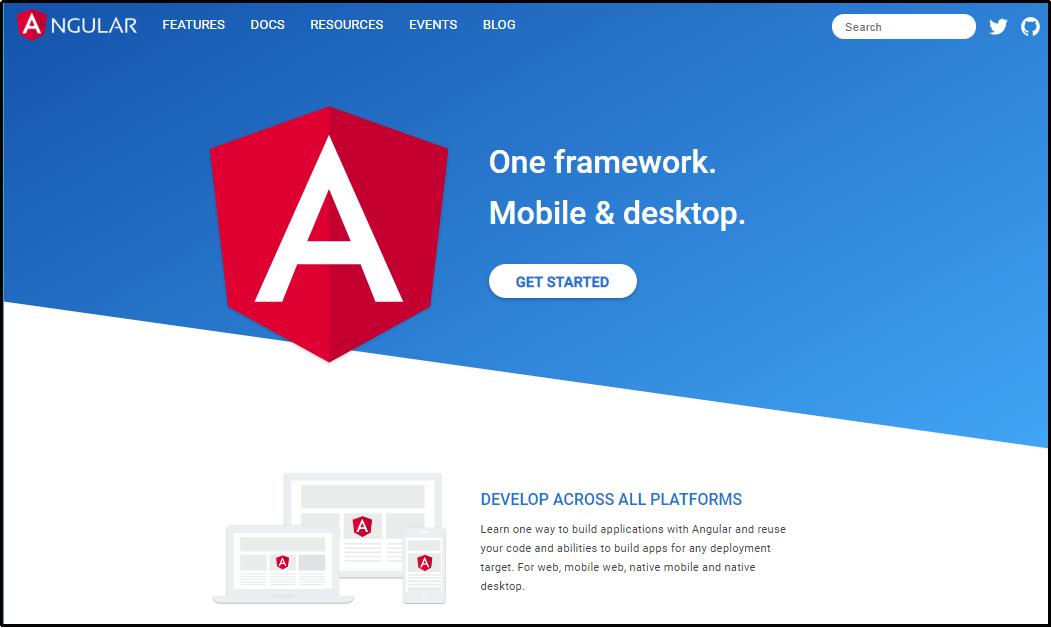
Learning Typescript
Angular is completely written on the language called TypeScript which is an object-oriented, strongly typed, and compiled language developed by Microsoft. Typescript is a typed superset of JavaScript that runs on any platform, browsers, different devices, and operating systems. So if you are interested in getting started with Angular, then TypeScript is a key to Angular, and using it we can create the application along with Angular side by side. There are a few features of TypeScript which we need to learn which are given below.
Loops
Operators
Conditional statements
Objects
Namespaces
Tuples
And many more features that are useful in web application development, but you may think that what is the best place from where you can learn all these core features of TypeScript then the answer is its official documentation typescriptlang.org/docs and its home page will look like this.
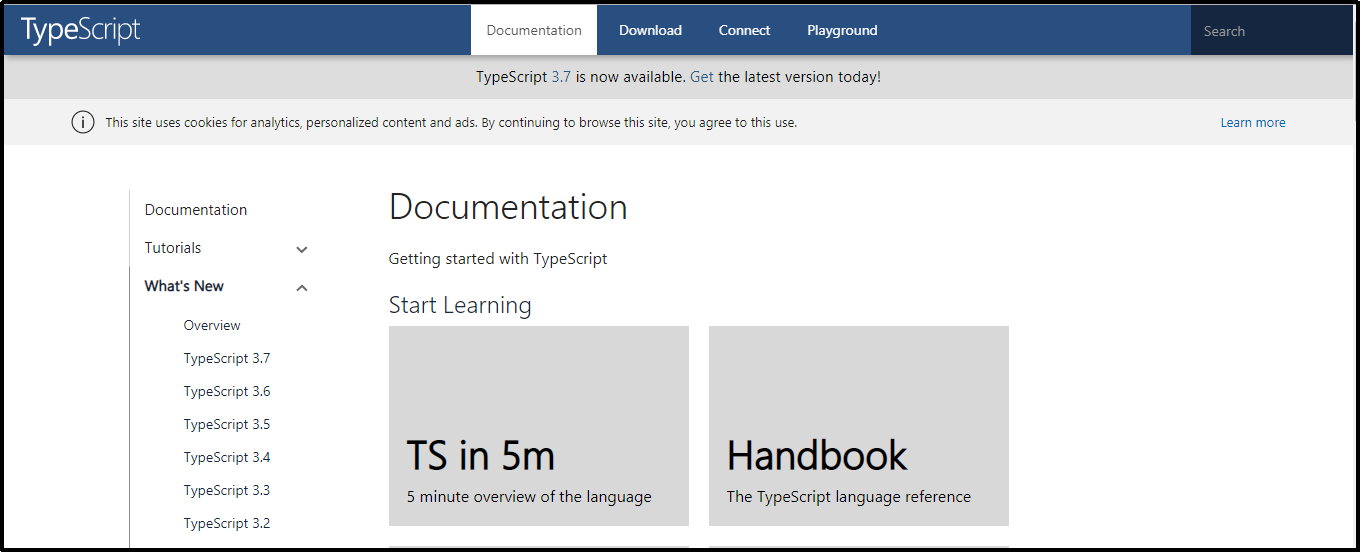
After mastering Angular & TypeScript, an important question arises: are these abilities adequate for live projects? Choosing to learn Angular 2+ provides you with the ability to design cross-platform applications, ensuring that your skills stay viable and profitable for both you and your organization long term. Completing this guide will result in a proficient understanding of Angular, allowing you to easily build interactive, JavaScript-based applications.
Online resources to learn Angular
Self-learning is important nowadays for freshers because no one will be available round the clock to teach you without taking money(I mean free of cost) all the time so it may be possible that you need to learn it by using online resources. There are plenty of resources available to learn angular online and the best one you can choose is based on your comfortless of yours.
Official documentation (angular.io)
Online video course websites like dotnettricks, Scholarhat, Linkedin, and so on.
Online books
Various community websites like Dotnettricks.com
Online podcasts
Dedicated YouTube channels for Angular
Various technical groups on social media
Before going into enterprise-level Angular projects, it's critical to establish best practices for upholding high-quality code standards, assuring project success and maintainability. Because of their sophisticated structure, Angular applications risk becoming bulky and difficult to manage if there is no clear learning route or technique. To avoid falling into problems, navigate this learning journey with specificity. Of course, this depends on our requirements. Angular Training can be just great for some quick prototyping.
Read More:
- Angular Developer Salary in India
- Angular Roadmap to Become an Angular Developer
- Top Angular Interview Questions and Answers
Summary
There is a quote “Nothing is impossible”, but to learn something new, we need to put our all efforts and our mindset should be clear toward our goal for whatever we are spending our time on. It’s never too late to learn anything, the matter is just that we need to figure out our way of doing things, I hope this guide will help you to understand what to learn while learning how much time it will take to get started with the small and enterprise projects, do put your efforts and keep reading if you want more help you can check angular training from Scholarhat.
FAQs
Take our Angular skill challenge to evaluate yourself!

In less than 5 minutes, with our skill challenge, you can identify your knowledge gaps and strengths in a given skill.


